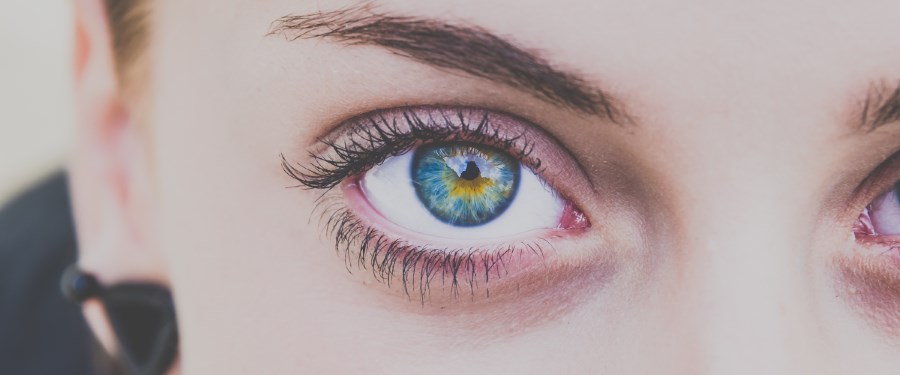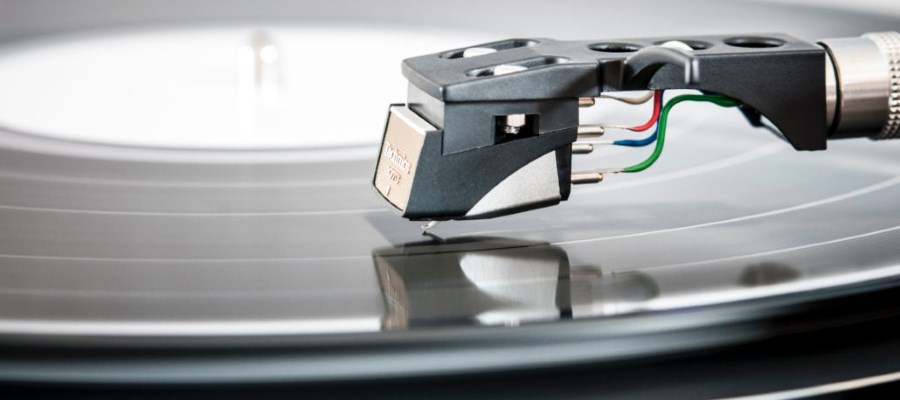Is what we see with our eyes transmitted to our brain without any other influences? Why would what we hear make a difference in what we are seeing? The image in front of you, is as we see it, isn’t it? This week’s article will explore whether or not our sense of hearing affects what we see. We hope you thoroughly enjoy it!
How Does The Eye See?
To start, we must first gain an understanding of how the eye sees. Our eyes absorb light rays through the retina. Once the light rays hit the retina, it changes them to electrical impulses, which travel through the optic nerve and are received and interpreted by the brain.
During your comprehensive eye exam, your eye doctor will examine the back of the eye, which includes the retina and optic nerve to ensure they are healthy and functioning.

So How Does Another Sense Influence What We See?
Many of us are familiar with how smell influences taste or how we eat with our eyes. In the same way, each of our senses likely plays some role in influencing how any one sense interprets anything. Whether that be how we taste, smell, hear or even see. They are all intertwined.
An article written by UCLA Newsroom explained how the sense of hearing affected sight. A psychology study examined how sound influenced how participants interpreted the movement of dots. The study concluded:
The participants were best able to identify the phase in which the dots moved horizontally when the sound moved in the same direction as the dots but remained stationary during the random phase. The researchers found that the sound that moved in the opposite direction neither enhanced nor worsened the participants’ visual perception.
When the correct sound was played it assisted participants. But, the study concluded that when one sense is unsure, the other can help make things clearer. Likely, why participants who heard misinformed sounds were still able to visually see correctly. Pretty cool!
Another interesting article on this topic by Psychology Today states:
If an image flashing once on screen is accompanied by two beeps, you’ll see the image flashing twice. Likewise, two dots crossing diagonally on a screen appear to pass each other if there’s no sound, but they appear to bounce off each other if you hear a “boing” at the precise moment the two dots overlap.
This points out how we can still be fooled in some instances. Our brain may not interpret things as they actually are, whether this be because of an overlap of misinformation by our senses working together, or because of how our brain has been wired either through evolution or human experience.
It’s All Interconnected
Through these observations, it is clear that our eyes do not work alone. Even when we think our eyes would be a dominant determinant in assessing our surroundings, our other senses may influence what our brain interprets to be the truth. Our brain uses our various senses as tools in ensuring the best form of interpretation. For example, if you close your eyes and are played sounds of the ocean, you will picture the ocean. Or if you smell cookies in the oven, you may picture them (but likely activate your taste buds).
None of our senses work separately. From birth, our senses are being groomed to operate as an efficient group. Should one sense fail, another one is ready to pick up the slack to the best of its abilities. Which means there is still room for error because after all we are human and make mistakes. A good example of how our senses can be efficient is observing individuals who are blind. In the case of someone who has lost their sense of sight, they can rely more on their other senses to still navigate through the world – they compensate for the lack of one sense by heightening the others.
Do you have questions about your vision and eye health? Give us a call or book online with Dr. Sharma!
‘An eye exam is more than just getting new specs!’
